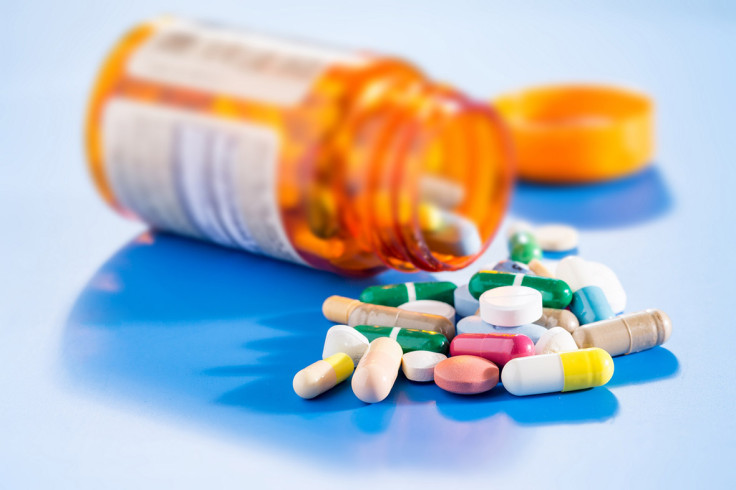Six girls at London school hospitalised 'after taking Xanax'
Students may have consumed prescription drugs, say police.

Six students at an all-girls school in south London were taken to hospital after they were believed to have ingested the anti-anxiety drug Xanax.
A spokesperson for the Metropolitan Police said that officers were called by the London Ambulance Service on Monday (5 February) to reports of teenagers being taken unwell at Burntwood School in Wandsworth. The girls were taken to a south London hospital "as a precaution for assessment".
"At this stage it is believed that they may have consumed prescription drugs," police said. There have been no arrests and inquiries are continuing.
A student told the Evening Standard that students had been taking drugs, mainly Xanax, at school "for years". The student also alleged that when the authorities were called the six were unable to walk because of the strength of the drug.
The school principal Helen Dorfman said: "We are just very relieved our students are well and have suffered no ill effects."
Drug, alcohol and mental health treatment charity Addaction said that the mostly likely supply route for Xanax was through drug dealers or online. Anxiety and stress in the school setting is driving the surge in Xanax usage among young people, believe drug and youth workers.
Addaction team leader Nick Hickmott said in January: "Anecdotally, Xanax is being used in conjunction with alcohol and/or cannabis in what appears to be an attempt to reach a more sedated state although rarely is the desired effect achieved.
"The young people we've spoken to in Kent appear to have little or no knowledge of benzos [psychoactive drugs] generally in terms of harm and this is reinforced by teachers and staff in school and pupil referral unit settings.
"There is a need to act quickly and reinforce accurate education and messages to these vulnerable groups."
The UK is the second-largest market for untraceable online sales of Xanax in the world, research has found, prompting warnings from doctors, MPs and youth workers of an "emerging crisis".
Data revealed to the Guardian shows that the UK accounts for 22% of all global trades of the highly addictive anti-anxiety medication on the dark web or darknet, the collective name for hidden and anonymised websites.






